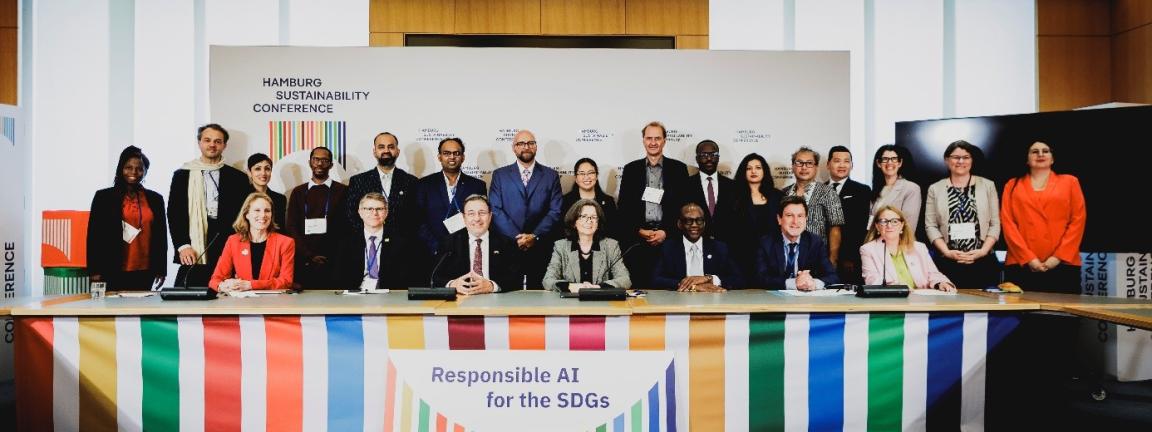In an increasingly interconnected world, data-based approaches and AI technologies are crucial tools for effectively tackling global challenges such as hunger, poverty, climate change and social inequality.
Together with our partner countries, we are actively shaping this change in a responsible manner – by making targeted use of potential, minimising risks such as data misuse and digital inequality, and ensuring that everyone can participate in this development.

